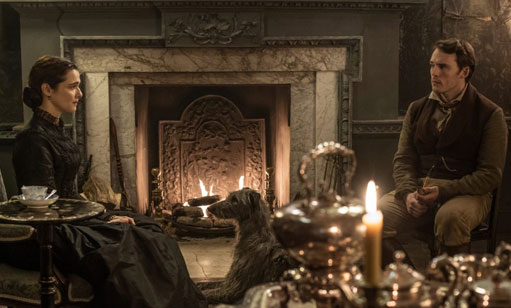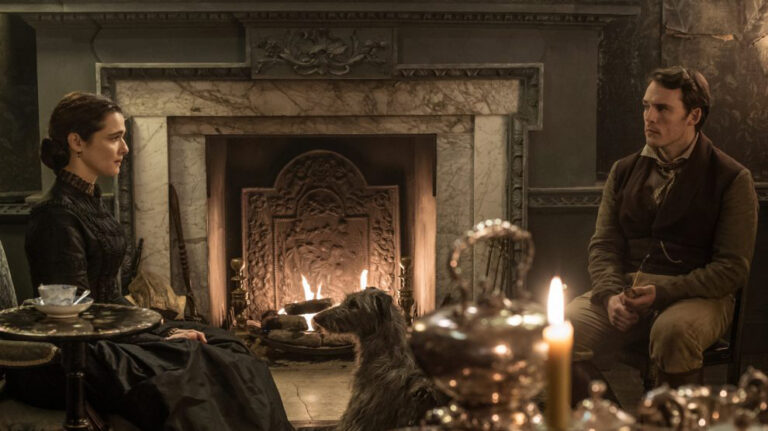Film Review: My Cousin Rachel
Love, Marriage And Maybe Murder In Merry Olde England


"So ... wanna play some Jenga?"
Latest Article|September 3, 2020|Free
::Making Grown Men Cry Since 1992


"So ... wanna play some Jenga?"